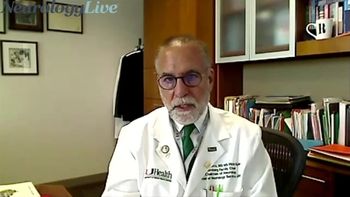
The chair of neurology and Olemberg Family Chair of Neurological Disorders at the University of Miami Miller School of Medicine detailed a number of presentations from ISC 2021.

The chair of neurology and Olemberg Family Chair of Neurological Disorders at the University of Miami Miller School of Medicine detailed a number of presentations from ISC 2021.
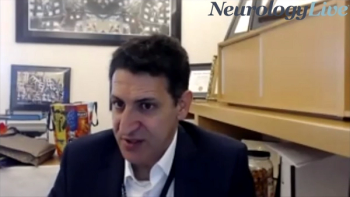
The director of the Lou Ruvo Center for Brain Health and neurologist at Cleveland Clinic discussed whether lenalidomide, a repurposed cancer drug, has promise as an Alzheimer disease DMT.
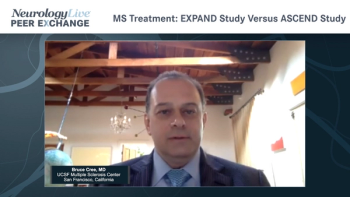
Experts in the field of multiple sclerosis compare the results of the EXPAND study to the results of the ASCEND study.
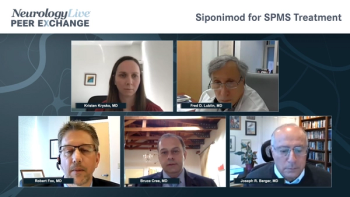
Robert Fox, MD, discusses the rationale for using siponimod for the treatment of progressive multiple sclerosis as well as the practical implications of the phase 3 EXPAND trial.
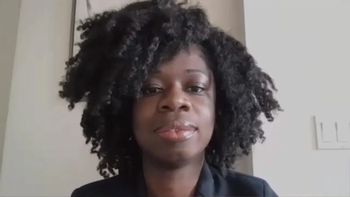
The duo from the National Institutes of Health discussed the advantages of the ultra-high resolution imaging technology in research.
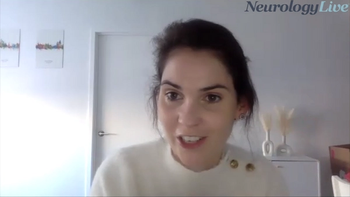
The postdoctoral researcher at Columbia University discussed the long-term plans to gain a better understanding of MS diagnosis disclosure and how it can impact other qualities of life.
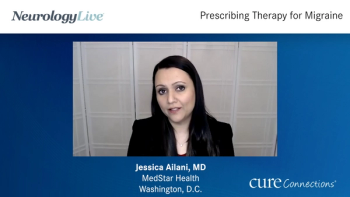
Neurologist Jessica Ailani, MD, explains when she feels it is most appropriate to treat migraine more aggressively with prescription drugs versus with lifestyle intervention.
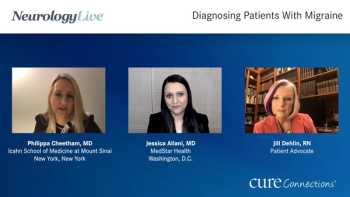
Jessica Ailani, MD, describes her approach to evaluating new patients for migraine and explains how her diagnostic work-up can impact her recommendations for treatment.
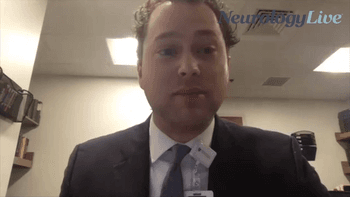
The fellow of autoimmune neurology at Massachusetts General Hospital also discussed concerns of associations between multiple sclerosis and COVID-19.
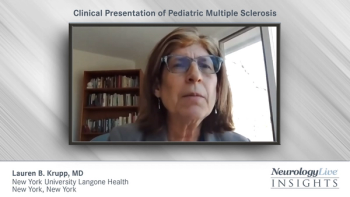
Lauren B. Krupp, MD provides insight into the signs and symptoms of multiple sclerosis and emphasizes differences in clinical presentation between adult and pediatric patients.
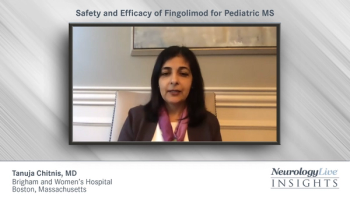
Thought leaders in neurology discuss the results of the phase 3 PARADIGMS trial as well as the safety and efficacy of fingolimod for use in pediatric patients with multiple sclerosis.
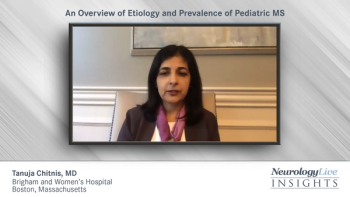
Tanuja Chitnis, MD provides an overview of genetic, environmental, and hormonal risk factors for pediatric multiple sclerosis and discusses its prevalence based on age, sex, and geographic location.
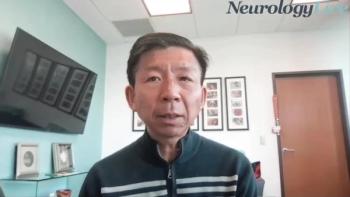
The director of the Institute for Health, Health Care Policy, and Aging Research at Rutgers University discussed the reasons behind the lack of real-world dementia studies.
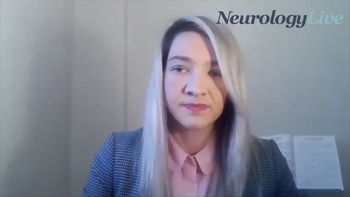
The PhD candidate at the Barts MS Center in London discussed her study presented at ACTRIMS Forum 2021 that evaluated CPD in patients with relapsing MS.
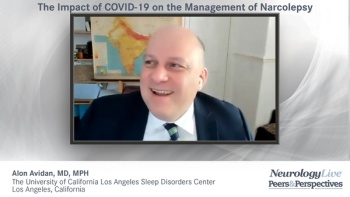
Key opinion leaders consider the impact of the COVID-19 pandemic on the diagnosis and treatment of narcolepsy and comment on improvements in symptom management at home.
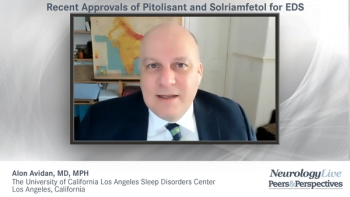
Experts in neurology review the recent approvals of pitolisant and solriamfetol for the management of excessive daytime sleepiness (EDS) and compare their mechanisms of action.
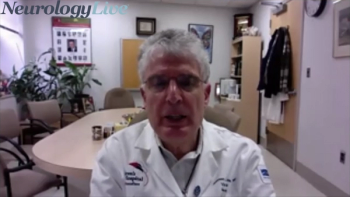
The duo from Montefiore Medical Center detailed the reasons why EEGs must remain an interictal part in improving rates of misdiagnosing neonatal seizures.
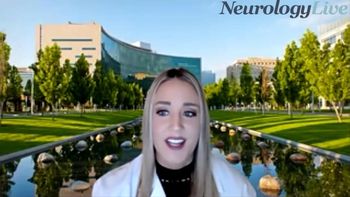
Alise Carlson, MD, a resident at Cleveland Clinic, detailed the reasons for her study evaluating genetic leukodystrophies and their differences to multiple sclerosis at diagnosis.
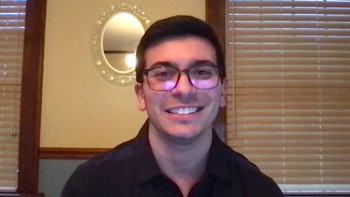
Neurology News Network for the week ending March 27, 2021.
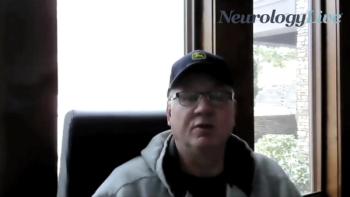
The director and founder of the Sleep Centers of Middle Tennessee discussed the misleading nature of the term �‘sleep apnea.’
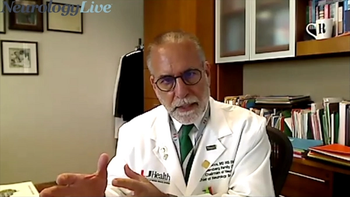
The chair of neurology and Olemberg Family Chair of Neurological Disorders at the University of Miami Miller School of Medicine outlined the Florida Stroke Registry and its capabilities.
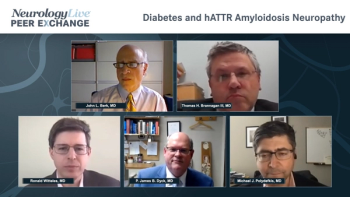
Panelists suggest how to differentiate between diabetic neuropathy and ATTR amyloidosis.

Understanding the diagnostic process in making a ATTR amyloidosis diagnosis.
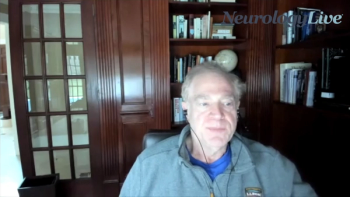
The director of the Montefiore Headache Center discussed recent advances in treating migraine both acutely and preventively.
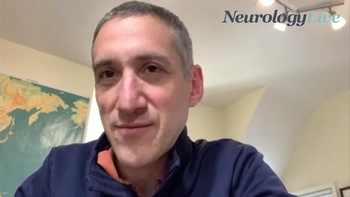
The senior investigator at the National Institutes of Neurological Disorders and Stroke outlined studies on anakinra and tolebrutinib as part of a new phase 2a clinical trial paradigm.
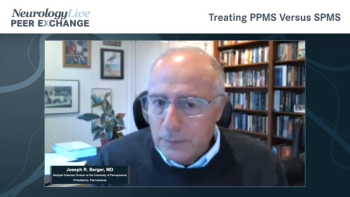
A comparison of various factors considered when treating primary progressive multiple sclerosis versus secondary progressive multiple sclerosis.

The Neuroimmunology Clinical Fellow at the National Institutes of Health discussed the evaluations of 2 therapies in multiple sclerosis that she is partaking in.
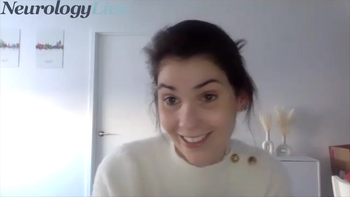
The postdoctoral researcher at Columbia University discussed ways clinicians and patients with multiple sclerosis can take to ease the transition of disclosing their diagnosis.

Types of foods and weather conditions that may trigger migraine attacks.
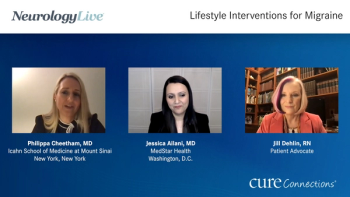
Recommendations for incorporating and adhering to lifestyle interventions that can help prevent migraine or reduce the severity of attacks.